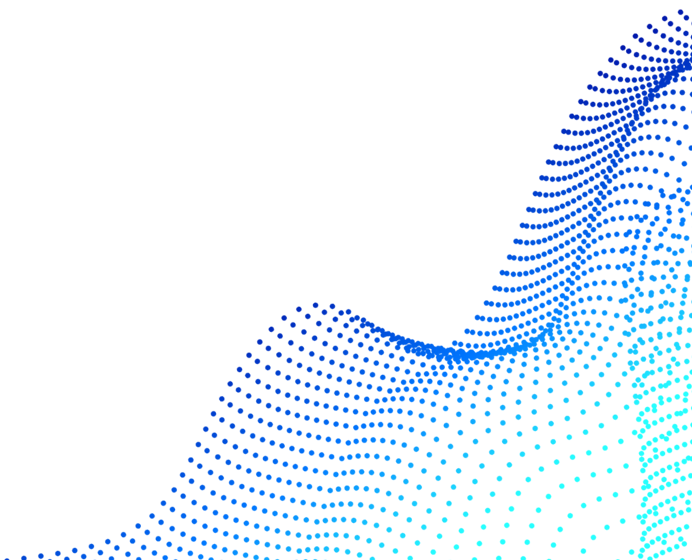Latest Activities
Updated 6 May 2025
Invitation to Participate in a Survey on the Use of Metrics and Indicators
The CoARA Working Group on Responsible Metrics and Indicators (RMI WG) has launched a new survey to explore how metrics and indicators are currently used in research assessment across CoARA member institutions and beyond. Open to all research institutions, the survey aims to investigate the status quo of indicator use in research evaluation. The survey will inform the development of an integrative framework that balances quantitative metrics with qualitative assessment methods.
Click here to participate in the survey and share your institution’s practices and perspective!
🗓️ Deadline: 8 June 2025
📍 Target audience: Institutions and individuals involved in research assessment, including research managers, policy makers, administrators, and academics.
The aim of the survey is to map the status quo for the use of metrics and indicators in research activities across institutions, offering a comprehensive view of existing practices in order to support institutions in adopting more responsible, transparent, and effective research evluation practices aligned with CoARA’s principles. Contributions are expected to reflect institutional practices, guidelines, and experiences with research assessment. Whether your institution is a CoARA member or not, your input is valuable! Your contribution will directly inform our efforts to create a fairer, more holistic research assessment ecosystem. Thank you for supporting this vital work.

